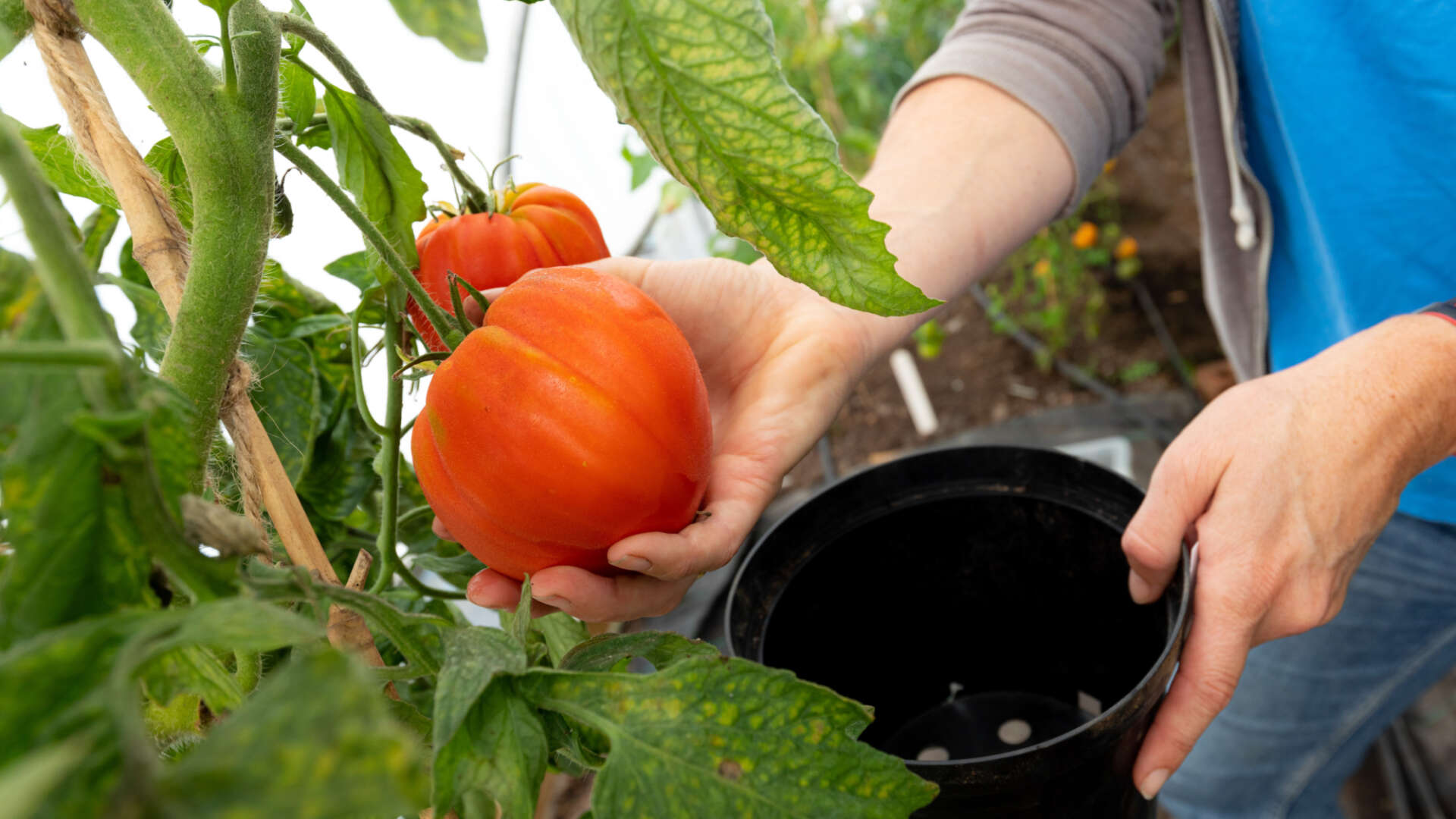One man and his organic plot - New challenges await

Finally, my green army of young plants have been planted in their final positions for this season. Yes, the allotment is now full of tomatoes, peppers, courgettes, every kind of bean, squash, chillies, all now sitting alongside the earlier plantings. The balcony, the many baskets, and containers are now full of potential colour and edibles that promise so much for the summer ahead. In many ways, I find this the most exciting time - the pay-off for all that TLC now feels much closer.
It's a strange feeling watching the polytunnel, cloches and cold frames and even my living room, emptying over the last few days. I've grown so used to the routine of watering, checking, picking over the last couple of months. The journey from seed to young plant is one of the most skilful of an organic gardener. As I'm transporting these plants to their final growing spaces I realise, that despite the more sowings I will undertake the rest of the season, this particularly intense time of year has moved on, and different challenges await.
Of course, now there is moisture in the soil, there are new things to contend with, ravenous slugs and snails have awoken, and they mean business. Pests are a challenge for the organic gardener; not having the option of just poisoning our foes, we need to approach the problem with a mixture of techniques. My most significant observation is when to plant out the young plants I've spent so much time nurturing. Placing out small, soft growth planting is picked off straight away. I planted some small peppers that were immediately eaten by slugs instead of my courgettes, which were much bigger plants and remained untouched.
Proper hardening off and allowing a plant to be more mature at its final planting does pay dividends. Opening my cold frames, even on the chilly days in May, just for a few hours means my plants are climatising to their surroundings and will add more growth, toughing those leaves and providing a tougher challenge for the dreaded slugs and snails that seek out their foliage. Traps also seem to work effectively, especially half cups of beer which they seem to love. Hand-picking off snails with tongs and walking them down to the nearest stretch of trees is also good practice and removes nothing from the food chain. The overall point, though, is using a mixture of methods, and this will reduce any problems from the molluscs, and if we lose a few peppers along the way, the world will not end, and the soil will not be poisoned.
Of course, the weeds are back, and the respite I have on the allotment during the winter comes to a shuddering end, the bindweed and the horsetail makes a fresh bid to claim the soil for their own. No pesticide will stop this, and only my care and hand management of the space is going to suffice and whilst I deal with them, I'm also keeping an eye on my plantings; it's not a chore its part of being a gardener and my main enemy is simply having enough time. The smaller and annual weeds are easily removed or turned up to the elements with a hoe, so adding to either the compost heap or soil health, every cloud has a silver lining.
So I'm off now to do what I love doing best, pottering around the allotment, living in the moment, free from pressure and excited about the summer ahead.
I wish you all happy gardening.